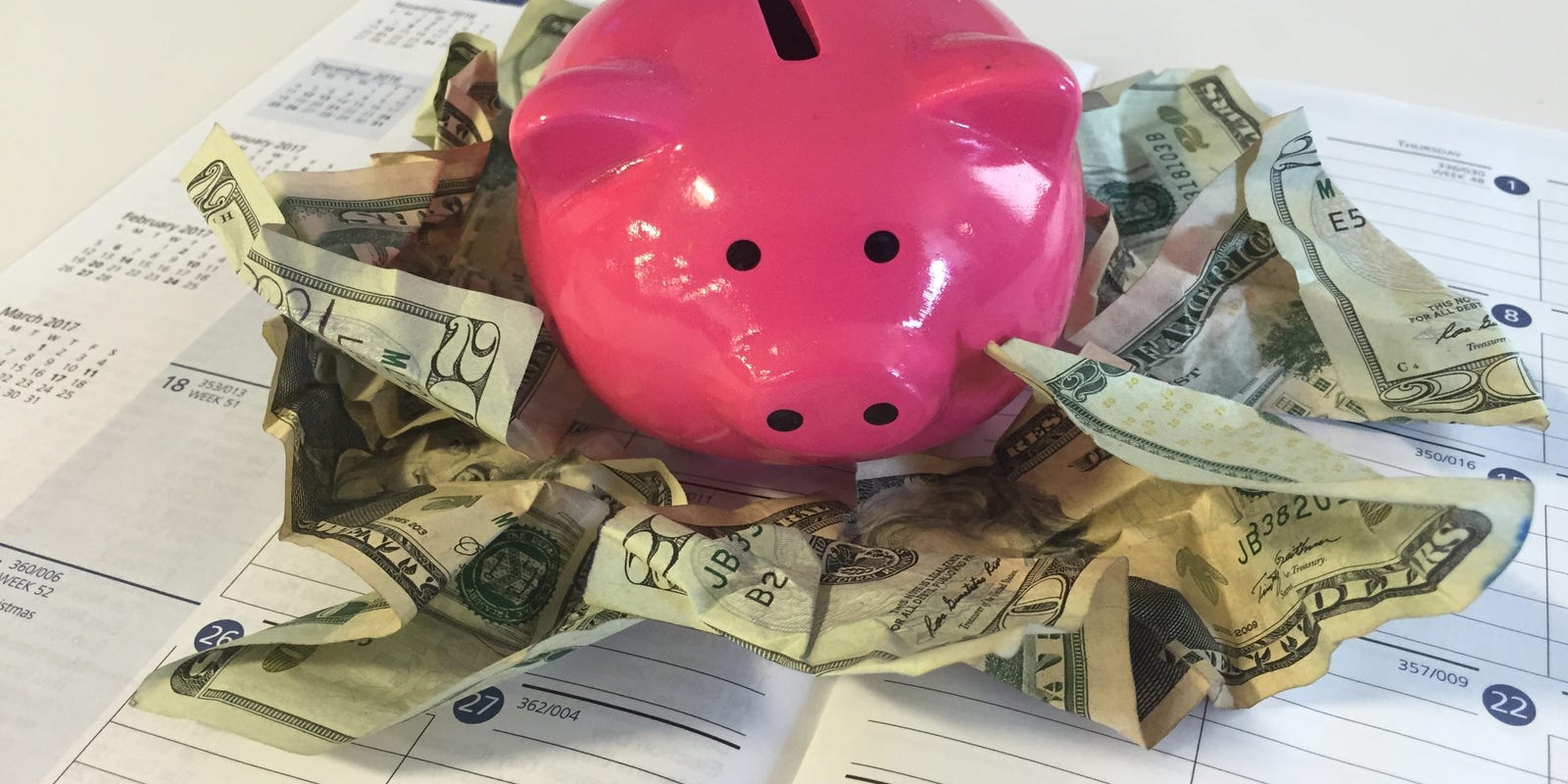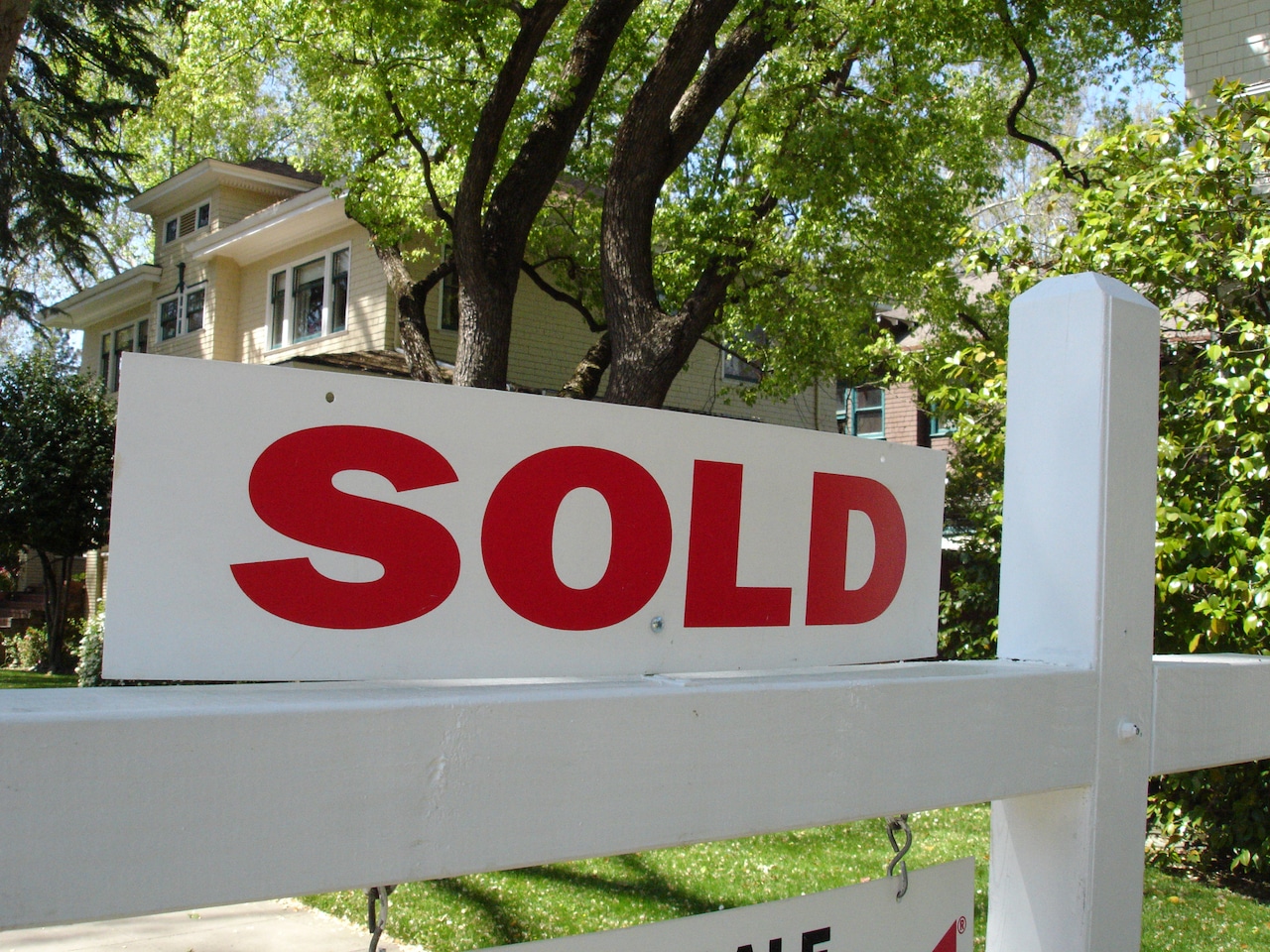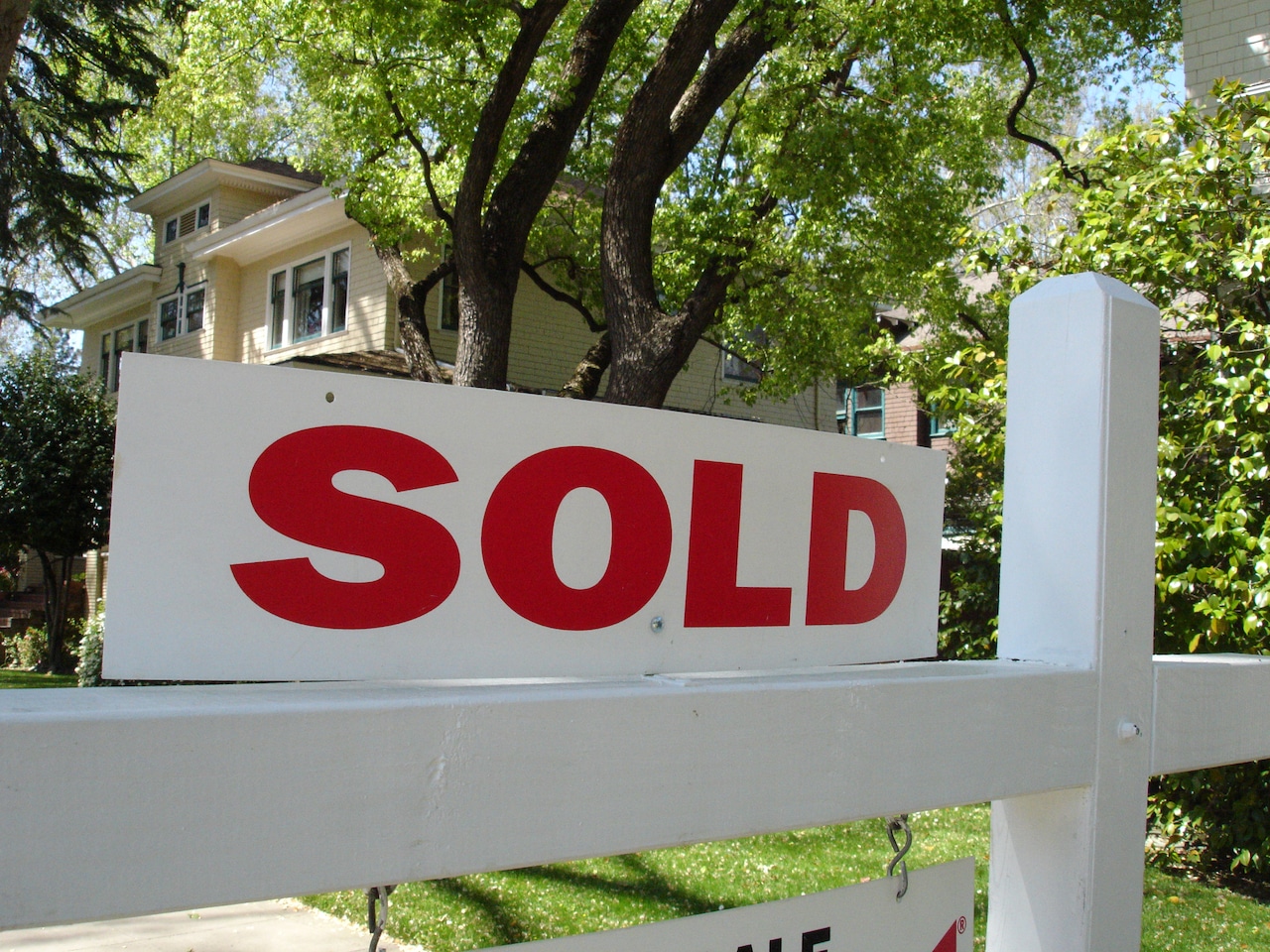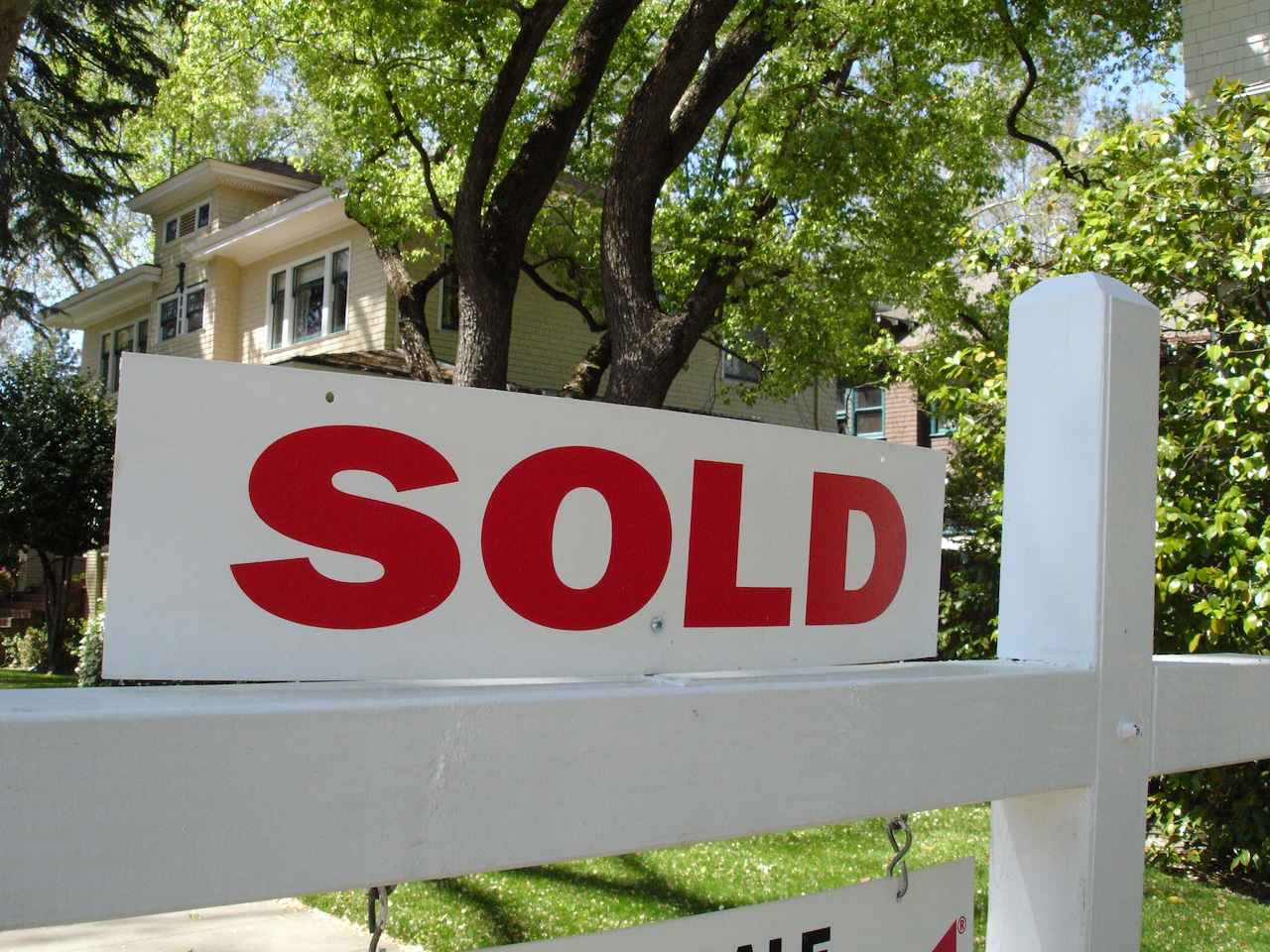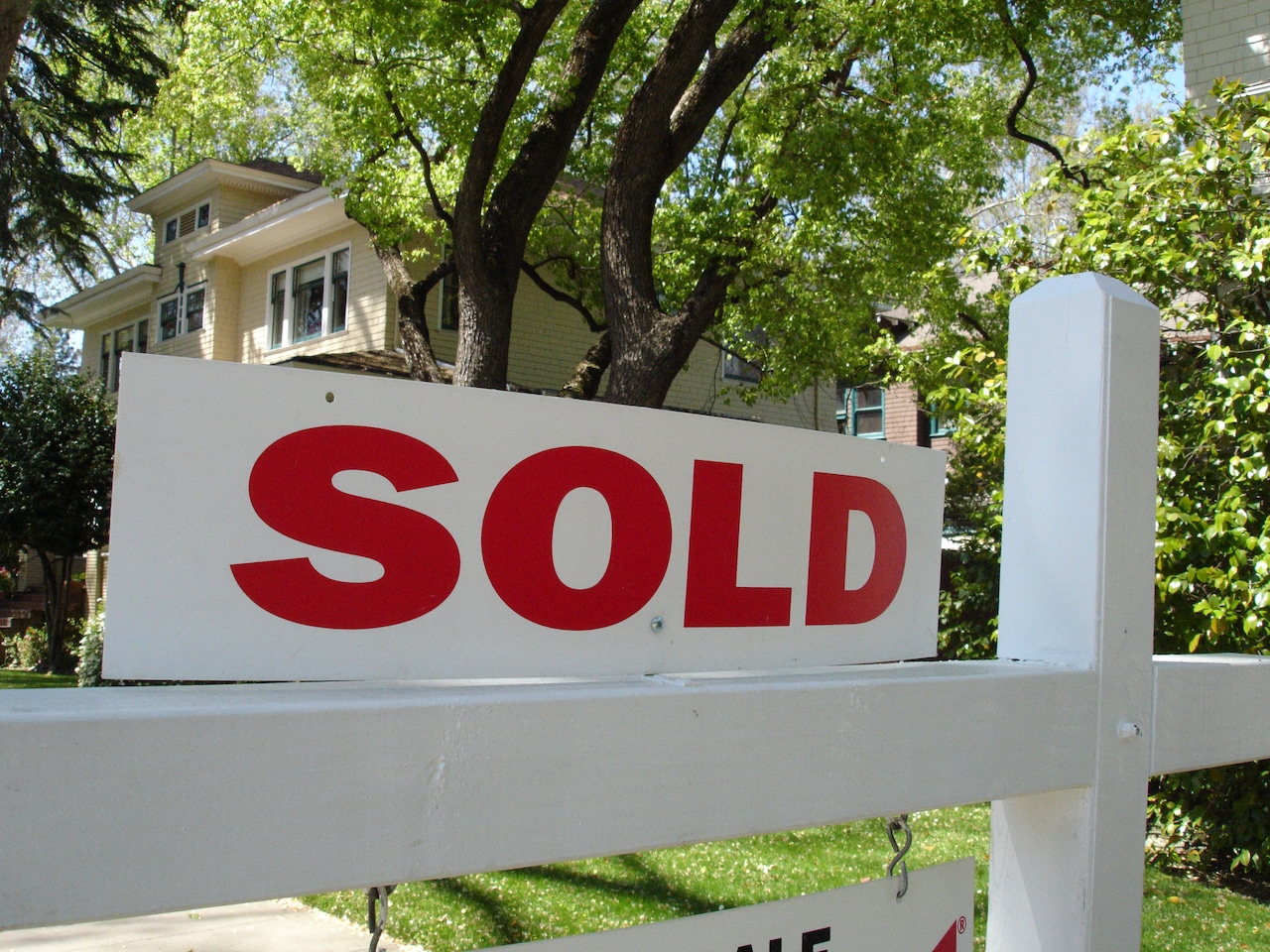H
omeownership is often seen as a stable financial situation, but rising insurance costs and property taxes are changing that narrative. Many Americans are finding themselves "house-rich but cash-poor," with limited options to tap into their home equity. According to the ICE Mortgage Monitor, homeowners have $11 trillion in "tappable equity" - money that can be borrowed against while leaving a 20% equity buffer in the home.
Financial products such as home equity loans and lines of credit are available for homeowners, but they come with drawbacks like high interest rates and fees. Reverse mortgages, which allow homeowners over 62 to tap into their equity, carry extensive fees and risks that the homeowner may outlive the cash provided by the product.
Home equity-sharing agreements, also known as home equity investments or home equity sharing, offer an alternative solution for homeowners who don't want to borrow more money. These products allow homeowners to sell a stake in their home to a company in exchange for upfront cash and a percentage of the home's appreciated value when they sell the property.
However, consumer advocates are uneasy about these products due to concerns over high interest rates and unclear fees. Sharon Cornelissen, director of housing at the Consumer Federation of America, warns that homeowners may end up paying interest rates nearing 20% with equity sharing agreements.
To navigate these options, homeowners can seek unbiased third-party help from financial advisers or HUD-approved housing counselors. These professionals can assist in assessing choices and understanding terms, including adjustable versus fixed interest rates. Homeowners should also be aware of potential risks, such as refinancing problems, when considering home equity investments.
